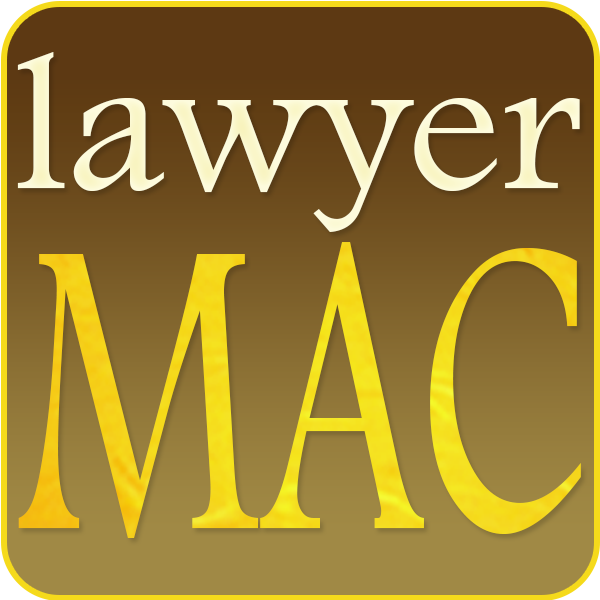

FAQs
Get Answers to Common Accident Injury Questions
Q: 1. What should I do after an auto accident?
A:
Following an auto or motorcycle accident, it is very important to call the police and seek medical treatment. Once it is safe to do so, and ideally, before the cars are moved, take lots of pictures of the cars and the scene. It is not unusual to feel no initial pain and then experience pain several hours, or even days, later from the shock and adrenaline of the accident. It is important to seek medical treatment in the first 14 days following an auto accident or your auto insurance can deny payments of your medical bills. It is very important to contact an attorney for legal advice before you speak to the insurance companies. If you've been in an auto accident call me for a free consultation.
Q: 2. Why should I hire an attorney?
A:
While you have every right to represent yourself when you hire an attorney you provide yourself and your loved ones the experience of someone who has done this before and therefore maximizing any financial compensation you deserve. It is in your best interest to seek legal advice from an experienced, dedicated, personal injury attorney that will know how to handle your case properly from beginning to end. If you have suffered an injury or lost a loved one as a result of an auto accident then contact me for a free consultation. We will work closely with you to protect your interests and seek just compensation. Don't let the car insurance company benefit from your loss. We currently service Orange County, Seminole County and Osceola County, Florida. In some cases, I will service clients outside of Central Florida as well. I will work closely with you to protect your interests and seek just compensation.
Q: 3. What will it cost me to hire an attorney?
A:
Most personal injury cases I handle s are on a contingency fee basis. This means that if I am unable to make a recovery in your case then you don't owe my legal fees or my costs for my legal representation. If I am able to make a recovery in your case then I will take an agreed upon percentage plus my costs from the money received as the result of a settlement or verdict as payment for my legal representation.
Q: 4. Should I give a recorded statement to the insurance company?
A:
The simple answer to this is NO. You should never give an insurance company a recorded statement until you have spoken to an attorney. If your insurance company requests a recorded statement then you may need to comply, however, it should be done with your lawyer present. The at-fault's insurance company, however, is not entitled to a recorded statement. If one is provided then it should only be done when it's in your best interest and only when your lawyer is present. Remember they are the ones that will be paying any claim you may bring in the future, so they are more interested in establishing facts that will eliminate or reduce your claim that they are in helping you.
Q: 5. What information should I provide my attorney with?
A:
I will request much of the information I need from different entities such as the police department, insurance companies, hospitals, and doctors. It is always helpful when clients can provide me with any and all information they have such as the exchange of information from the police, photos of the vehicles reflecting damage, photos depicting any visible injuries sustained (i.e. bruising, cuts), hospital discharge papers, auto insurance information and any other information related to the accident.
Q: 6. How much is my case worth?
A:
This is a question that I get a lot when I first meet clients. It is very difficult to say how much your case is worth as all cases are different and evaluated on a case by case basis. Many different factors are involved when evaluating your case and some of those factors are not known until later in the case. It may be months before you get an accurate and complete diagnosis of your injuries. It would be impossible for any attorney to give you any figure, even a ballpark figure when they first meet with you. That being said, trust that I will conduct an extensive investigation of your case and evaluate your medical records once your treatment has been completed. At that point, in collaboration with my client, I make a demand for an amount approved by the client.
